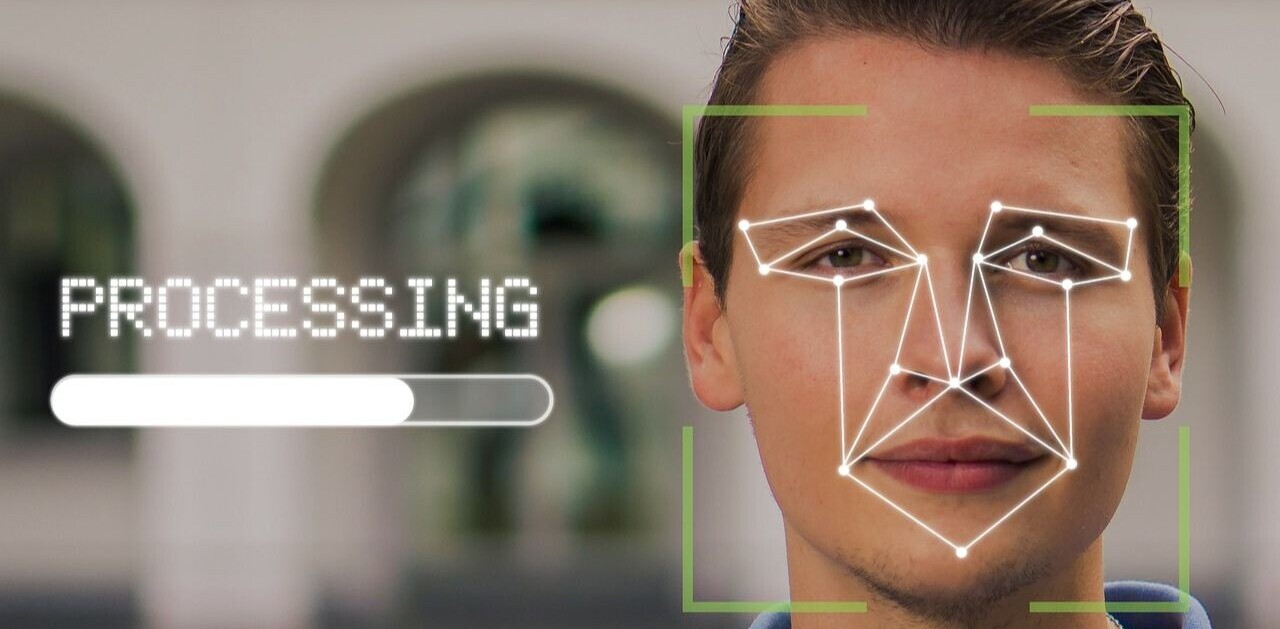
Amazon is reportedly working on speeding up checkouts at its physical stores by using your hand as a form of identification.
According to a report by New York Post, the retail giant is said to be quietly testing new scanners that can identify human hands to make a store purchase. The company intends to roll out the payment technology at its Whole Foods supermarket chain starting next year.
“While a regular card transaction typically takes between three and four seconds, Amazon’s new technology can process the charge in less than 300 milliseconds,” it reported.
The system — code-named “Orville” and intended only for Prime subscribers — is being currently trialed by Amazon employees at its New York City offices, using it to buy sodas, chips, and granola bars from vending machines.
The key difference is that the biometric sensors are unlike the ones you see on iPhones, meaning you won’t have to physically touch your hand on the scanner. Instead, it leverages computer vision and depth geometry to process and identify the shape and size of each hand as it hovers above the sensor.
An Amazon spokeswoman declined to comment on the development, saying, “We don’t comment on rumors or speculation.”
As these experiments often go, this is not the first time the company has tried to reinvent the wheel.
Amazon’s cashierless “Go” convenience stores — which is established in 18 locations across the US — already speeds up the checkout process by swapping the human cashier for a phone app to check in at a turnstile, as cameras and weight sensors around the store track the items picked by customers off the shelves.
Microsoft, likewise, has partnered with Kroger and Walmart for futuristic hi-tech grocery pilots intended to guide shoppers to find items on their shopping lists, and serve recommendations and targeted ads based on their demographics and shopping habits.
But following state government laws to ban cashless stores — for reasons that they discriminate against people from lower-income backgrounds, and customers who don’t have bank accounts, cards or smartphones — Amazon said earlier this year it’d start accepting cash at its Go stores.
With this new tech, however, you wouldn’t even have to bring your phone with you. What’s more, by seamlessly integrating payments with the shopping experience, the solution could incentivize shoppers to spend more when they visit its retail locations.
On the other hand, it also appears to be a solution in search of a problem. The tech is no doubt impressive, and definitely more secure than using your passwords. Even then, it’s hard to deny that it’s another avenue for Amazon to get hold of biometric data of millions of US consumers.
And there’s the obvious elephant in the room: you can change your passwords or get a new credit card when a data theft occurs. It’s not so easy to change your hand print.
At a time when the company’s involvement with Rekognition facial recognition software is attracting its fair share of surveillance concerns, one can only hope there’s enough oversight and it’s done the right way. Because once the tech is out there, it’s hard to roll it back.
Get the TNW newsletter
Get the most important tech news in your inbox each week.





